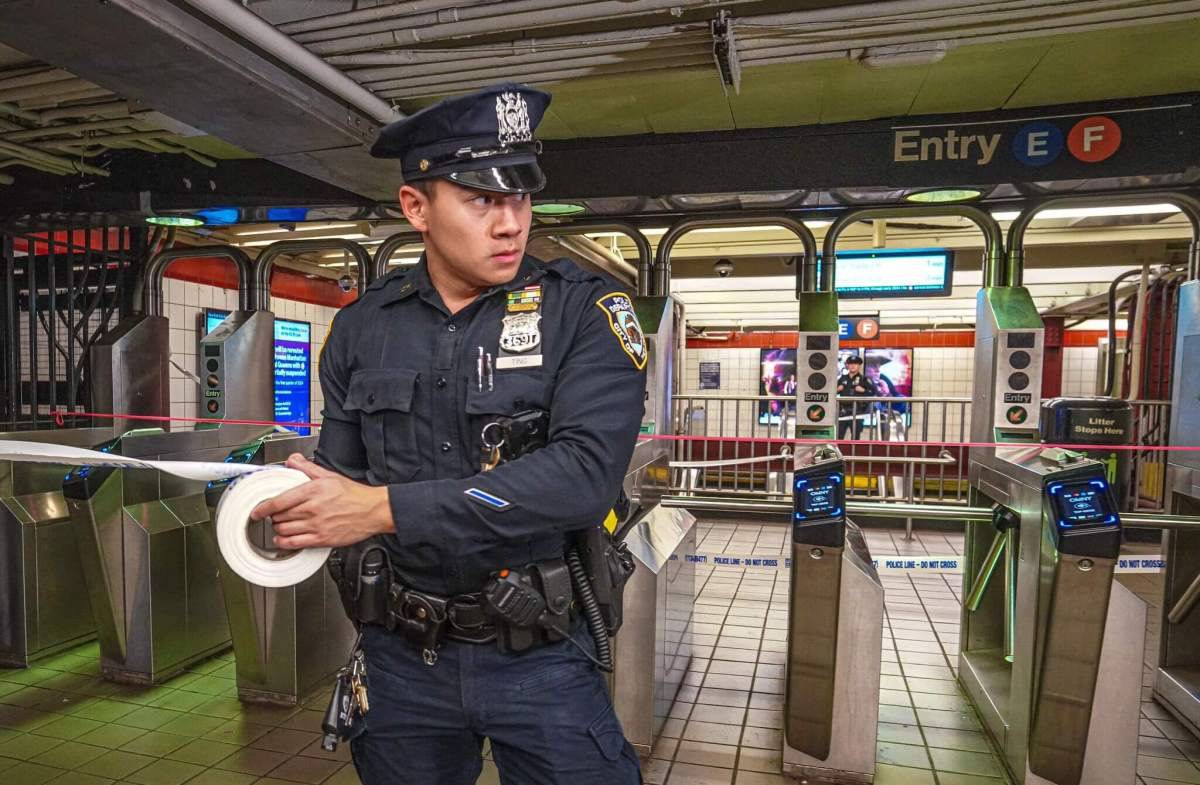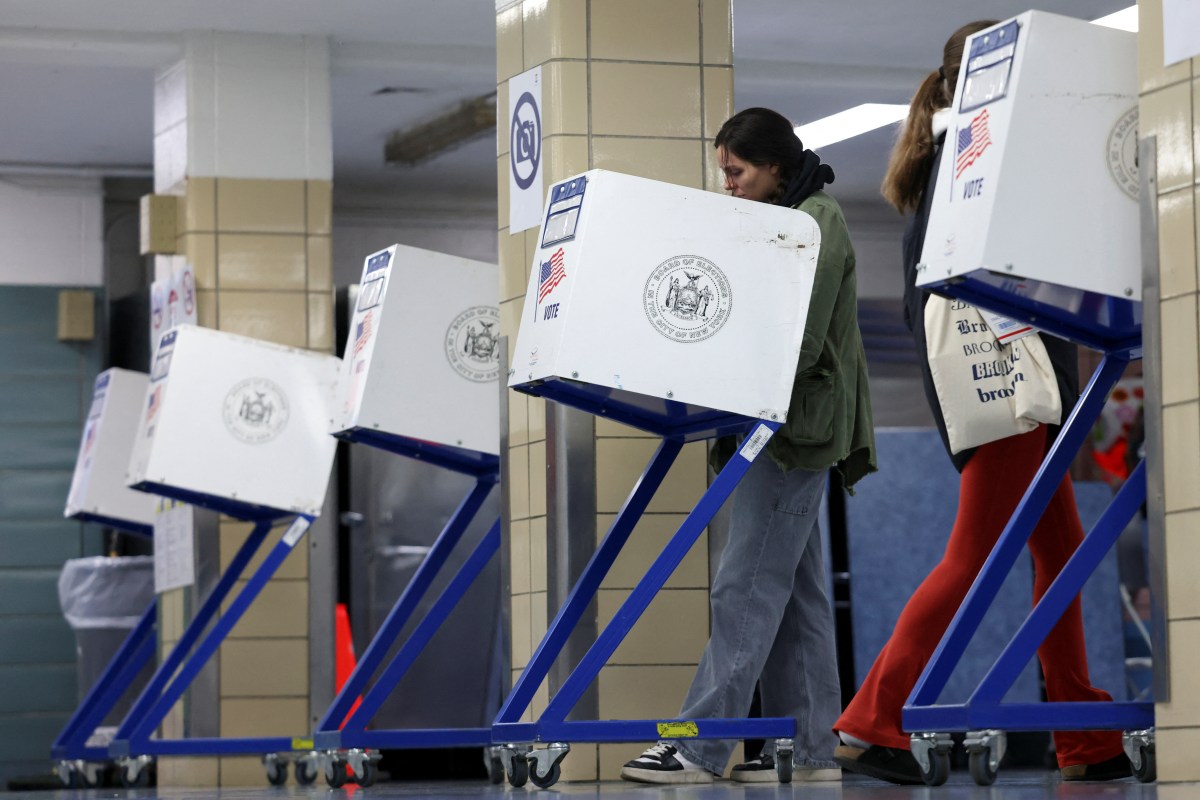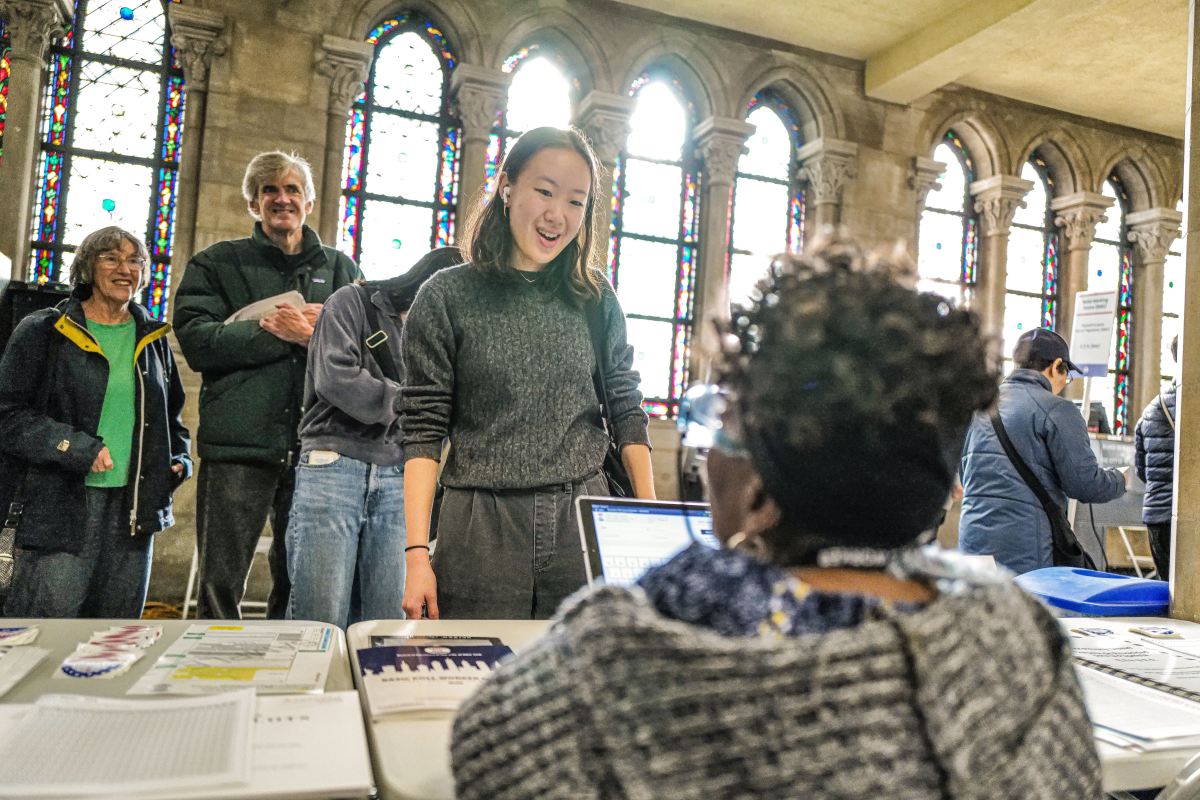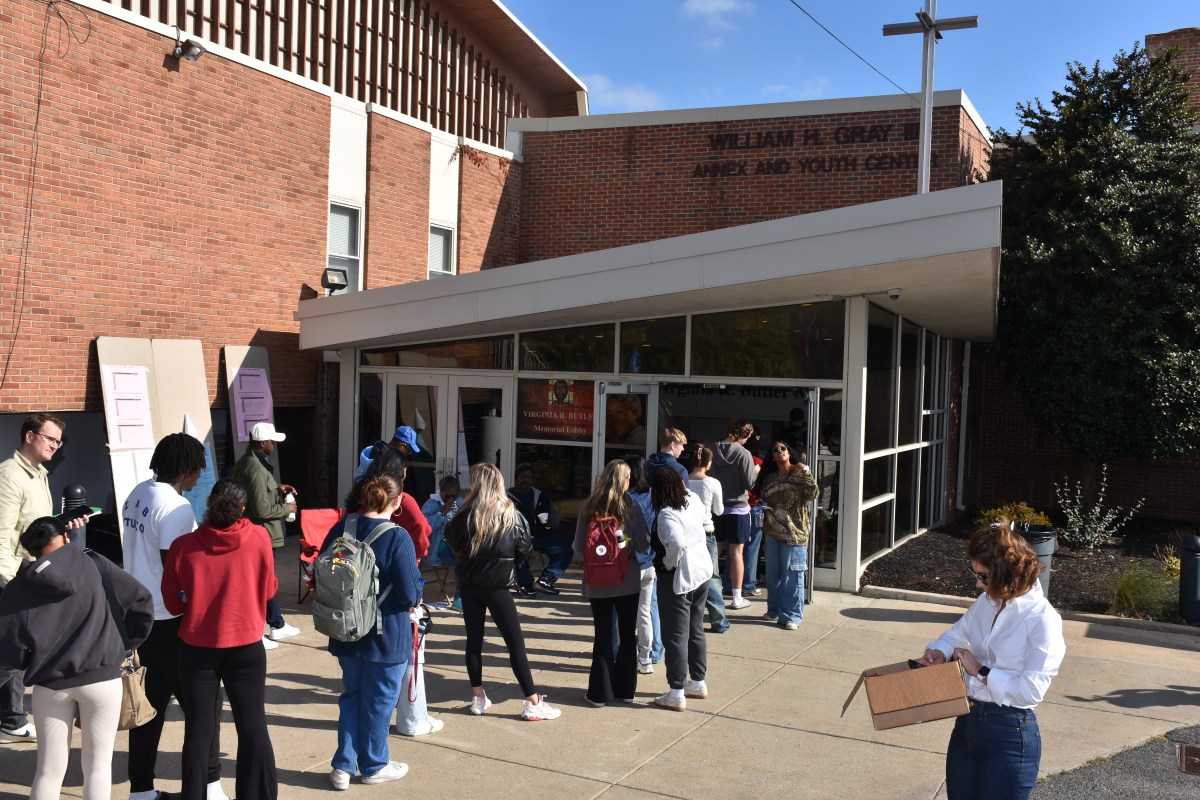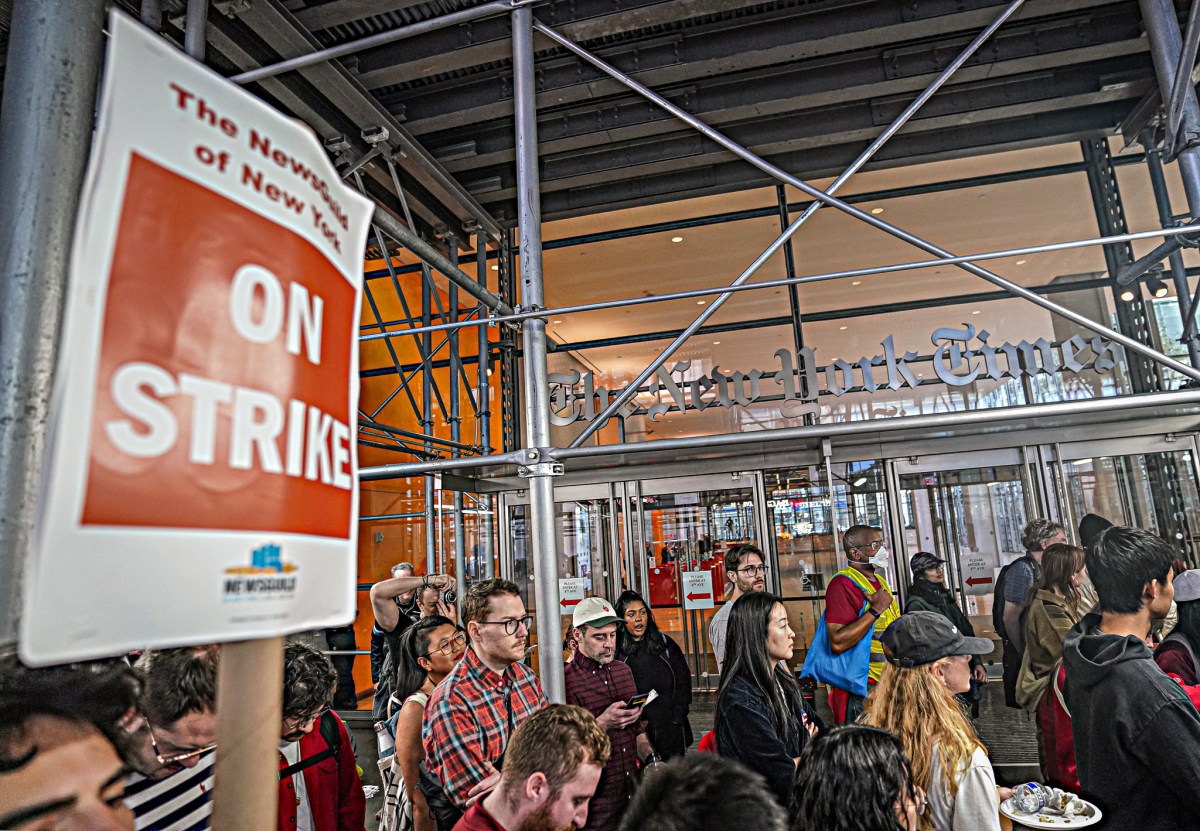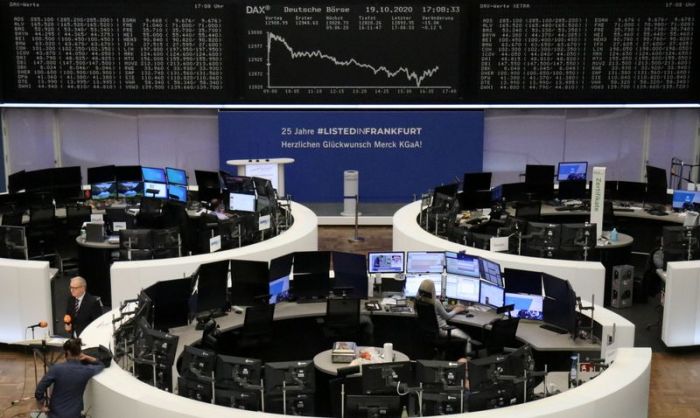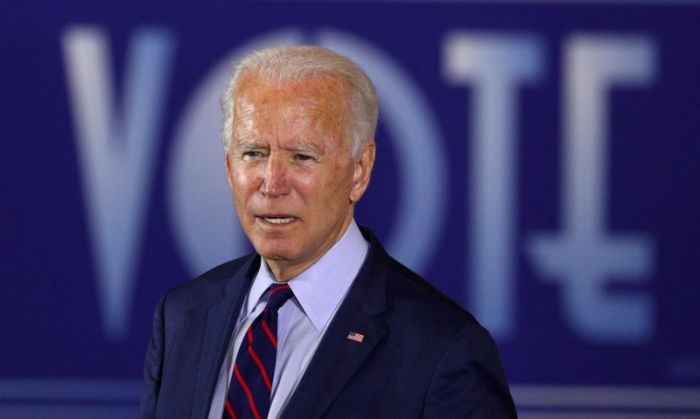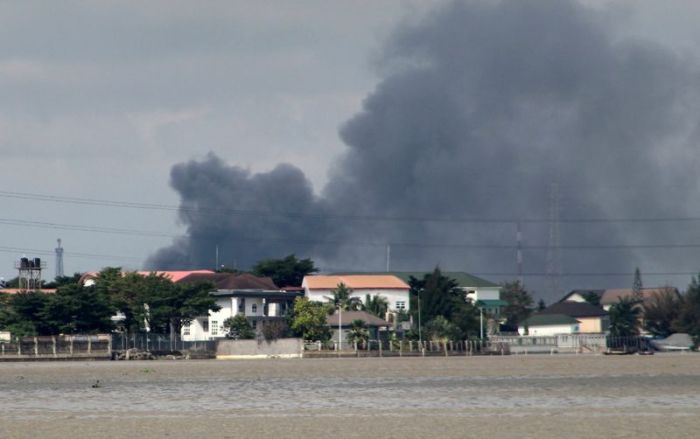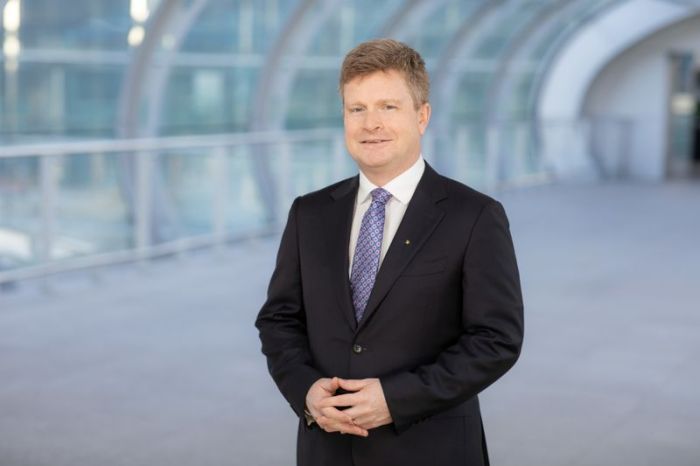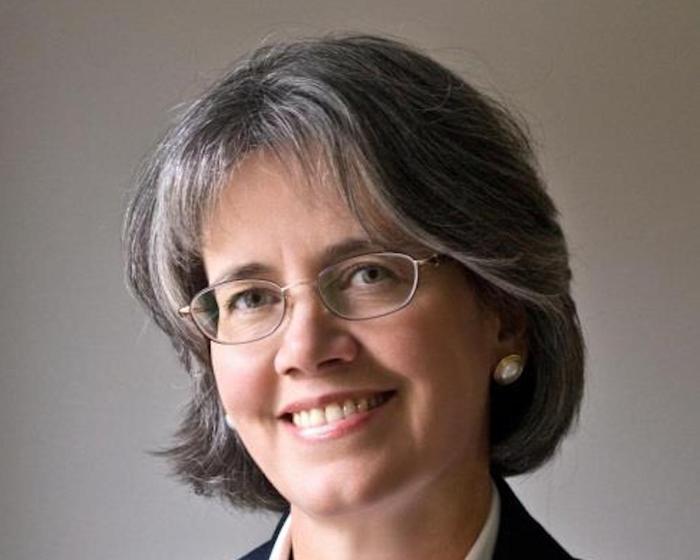CAIRO (Reuters) – As Egyptians prepare to vote for a new parliament, a party that champions the president seems assured of a sweeping victory.
In the wake of President Abdel Fattah al-Sisi’s broad crackdown on political dissent, Mostaqbal Watn, or Nation’s Future, has emerged as the main force likely to carry Sisi’s programme in a compliant parliament, and is expected by both voters and politicians to benefit from new electoral rules to lock in control of the chamber.
The party has no formal link to Sisi but is flourishing at a time when the state’s grip over politics and the media is at its tightest for decades.
Many in rural and poor areas refer to Nation’s Future as “the party of the president”. A music video produced by the party that has aired on state TV shows consumer goods including fridges and cookers being distributed to grateful citizens in packaging adorned with Sisi’s image alongside the party logo.
Ahead of the vote, which begins on Saturday and lasts several weeks, the party’s candidates have promised to help bring infrastructure and services to local areas.
“The Nation’s Future Party is a party that naturally dominates on the ground,” one candidate, Ramadan Abu Hassan, told a gathering of villagers near Beni Suef city, about 100km (60 miles) south of Cairo. “For any disaster that happens, it will be by the citizen’s side.”
Reuters was unable to obtain an interview with Nation’s Future. The state press centre did not respond to questions.
Created in 2014, the year Sisi won his first term as president, Nation’s Future held 57 seats in the outgoing parliament, which was dominated by a coalition of pro-Sisi parties.
More recently, in Egypt’s newly recreated Senate, an advisory 300-member upper chamber with 200 elected members, it won nearly 75% of contested seats in elections in August.
A new electoral law means 50% of 568 contested parliamentary seats – up from 20% – will be elected from closed party lists. If the list wins a majority, everyone on it is elected and no candidates from competing lists win seats.
Critics say the change further shrinks the space for political competition.
The goal is “to basically pretend that there is a political process surrounding Abdel Fattah al-Sisi, but what we really have is a one-man rule,” said Hisham Kassem, a former newspaper publisher and political activist. “It wasn’t even this bad with (former president Hosni) Mubarak or with (former president Gamal Abdel) Nasser.”
APATHY
Seven prospective parliamentary candidates contacted by Reuters said they were required to make large donations to Nation’s Future or a national fund set up by Sisi to get their names on the party’s lists.
The deputy head of Nation’s Future has said in televised comments that the party takes only voluntary donations, and denied using money to influence voters.
As Sisi has consolidated control, interest in politics has dropped, with electoral turnout gradually declining.
A political coalition that Kassem joined, which aimed to reverse political apathy, fractured after two members were arrested last year. Kassem said any charges were unclear. State media said they were arrested on suspicion of links to a banned group and spreading false news. They are still jailed.
With Islamist and liberal opposition already sidelined, even some outwardly pro-Sisi candidates have found themselves excluded.
One is 70-year-old Major General Tariq al-Mahdi, who was on the military council that took over when Mubarak was toppled in 2011, before serving as information minister and a regional governor.
Speaking in a Cairo office adorned with medals and pictures from his military career, Mahdi said he tried to put forward parliamentary lists in reaction to the “arrogance” with which the Senate elections were organised, but was blocked by a court ruling, which he appealed.
He said he supports Sisi and state institutions but wanted to help “transfer the pulse of the street into parliament”.
He criticized the use by some parties of handouts to mobilise support, without naming them.
“I cannot enter the money contest or the (grocery) box contest, but I can get into the idea of choosing the best people available,” Mahdi said.
Mohamed Abdelghany, a member of a small independent block in parliament who is standing for reelection, said economic pressures had made voters more susceptible to incentives, while the government had become more afraid of subversion and political opposition.
Sisi has referred to plots against the state by unnamed enemies in recent public comments. Last month and in September 2019 there were small anti-Sisi protests, which led to hundreds of arrests.
“The best is to open the air vents for people and citizens to breathe and talk and hear another opinion, and this will put an end to any conspiracy of sabotage,” said Abdelghany.
(Reporting by Cairo bureau)

















